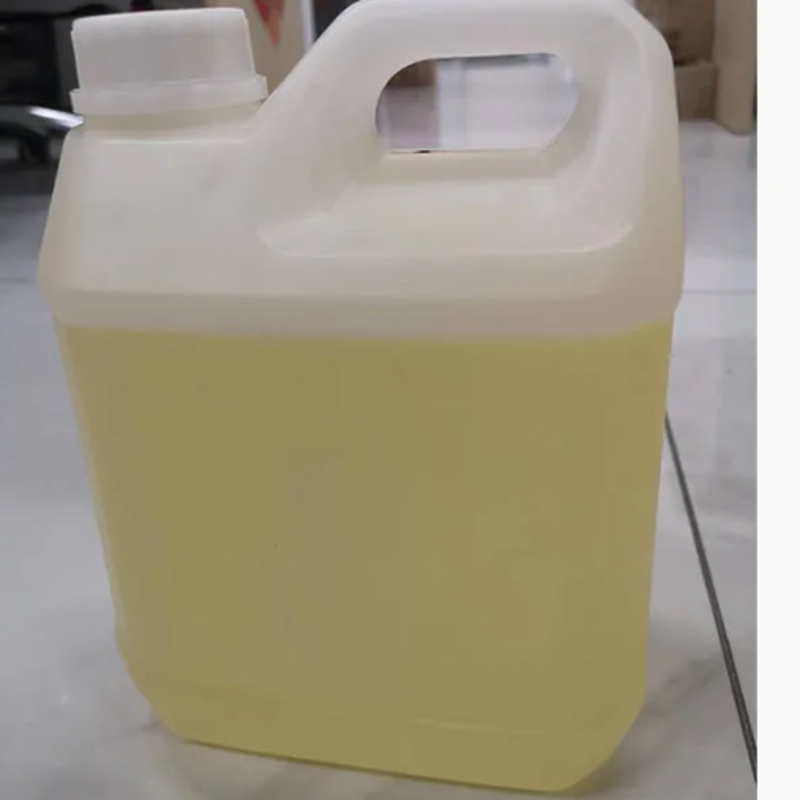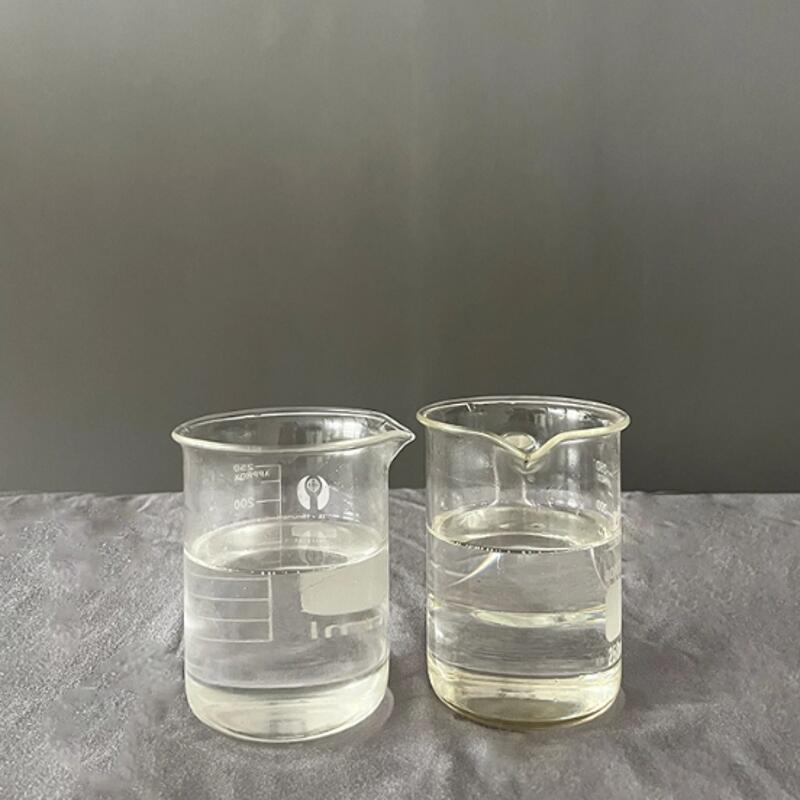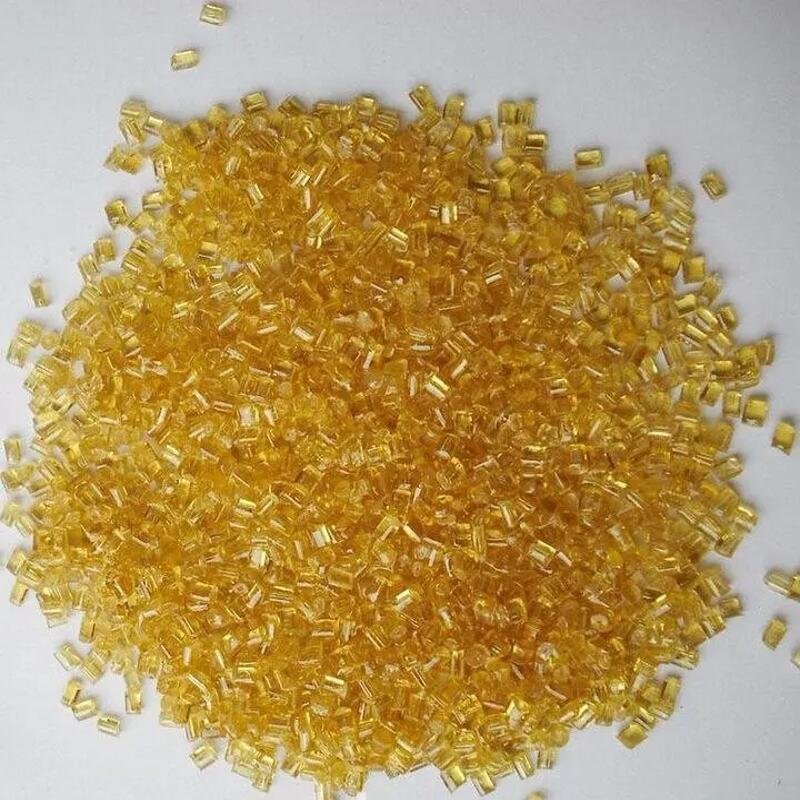-
Categories
-
Pharmaceutical Intermediates
-
Active Pharmaceutical Ingredients
-
Food Additives
- Industrial Coatings
- Agrochemicals
- Dyes and Pigments
- Surfactant
- Flavors and Fragrances
- Chemical Reagents
- Catalyst and Auxiliary
- Natural Products
- Inorganic Chemistry
-
Organic Chemistry
-
Biochemical Engineering
- Analytical Chemistry
-
Cosmetic Ingredient
- Water Treatment Chemical
-
Pharmaceutical Intermediates
Promotion
ECHEMI Mall
Wholesale
Weekly Price
Exhibition
News
-
Trade Service
All we need is a "tiny" answer to one of the biggest environmental problems on the planet, plastic
.
In a study published in Frontiers in Microbiology, the Helmholtz Center for Environmental Research (UFZ) in Leipzig, Germany, has identified a bacterium capable of degrading certain chemical components in polyurethane (PU)
.
"This bacterium can use these compounds as a sole source of carbon, nitrogen and energy," said study senior author Hermann J.
Heipieper, Ph.
D.
, a UFZ senior scientist.
"
This discovery is an important step toward recycling difficult-to-recycle PU products
.
Polyurethane is a kind of polymer compound, which appeared in the 1930s.
After nearly 80 years of technological development, it has been widely used in the field of home furnishing, construction, daily necessities, transportation and household appliances
.
Unfortunately, polyurethane is difficult to recycle or destroy because most of these plastics are thermoset polymers that don't melt when heated
.
The use of microorganisms such as bacteria and fungi to break down oil-based plastics is an emerging field
.
A research team from the UFZ has successfully isolated a bacterium called Pseudomonas (sp.
TDA1) from a site rich in brittle plastic waste, which is expected to break some of the chemical bonds that make up polyurethane plastics
.
To determine the pathways by which bacteria degrade these plastics, the researchers analyzed the bacteria's genome
.
Study co-author Dr Christian Eberlein said: "This particular strain belongs to a group of bacteria known for their tolerance to toxic organic compounds as well as other stresses
.
This trait, also known as solvent tolerance, is a form of extremophile
.
"
The research is part of a European Union science project called P4SB (Pseudomonas putida synthetic biology to turn plastic waste into treasure)
.
The project seeks to find microorganisms capable of converting oil-based plastics into fully biodegradable plastics
.
As the name suggests, the project focuses on a bacterium called Pseudomonas putida
.
In addition to polyurethane, the P4SB consortium, which includes UFZ, is also testing the effects of microorganisms on the degradation of polyethylene terephthalate (PET) plastic, a plastic widely used in plastic water bottles
.
"The first step in future work on Pseudomonas TDA1 will be to identify genes that encode extracellular enzymes that break down certain compounds in polyester polyurethanes," Heipieper said.
"
Extracellular enzymes, also known as extracellular enzymes, are a A protein secreted outside the cell that can cause a biochemical reaction
.
"
However, scientists currently have no plans to use synthetic biology techniques to engineer these or other enzymes to facilitate the production of bioplastics
.
For example, this could involve genetically transforming bacteria into micro-factories that turn oil-based compounds into biodegradable ones to make environmentally friendly plastics
.
"Scientists need to gather these 'fundamentals' in this study in more similar studies before they can make the technological and commercial leaps," Heipieper
said
.







